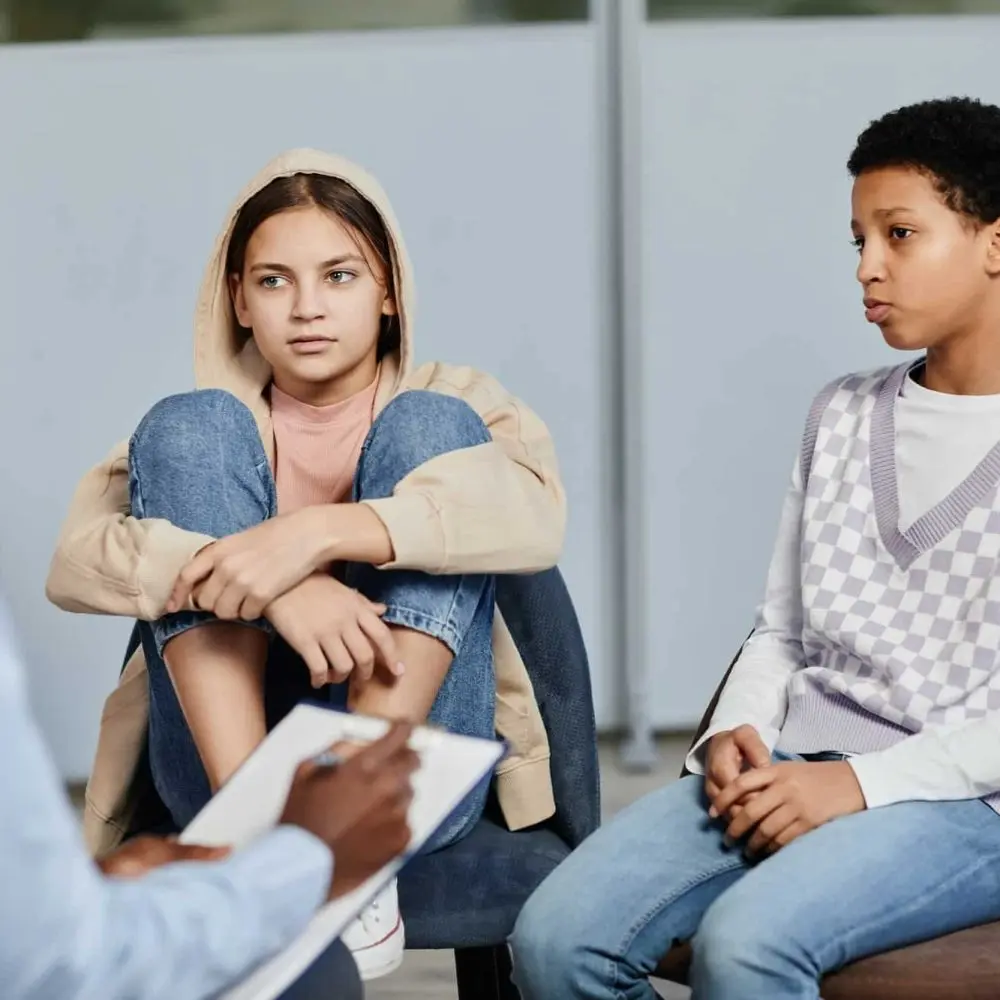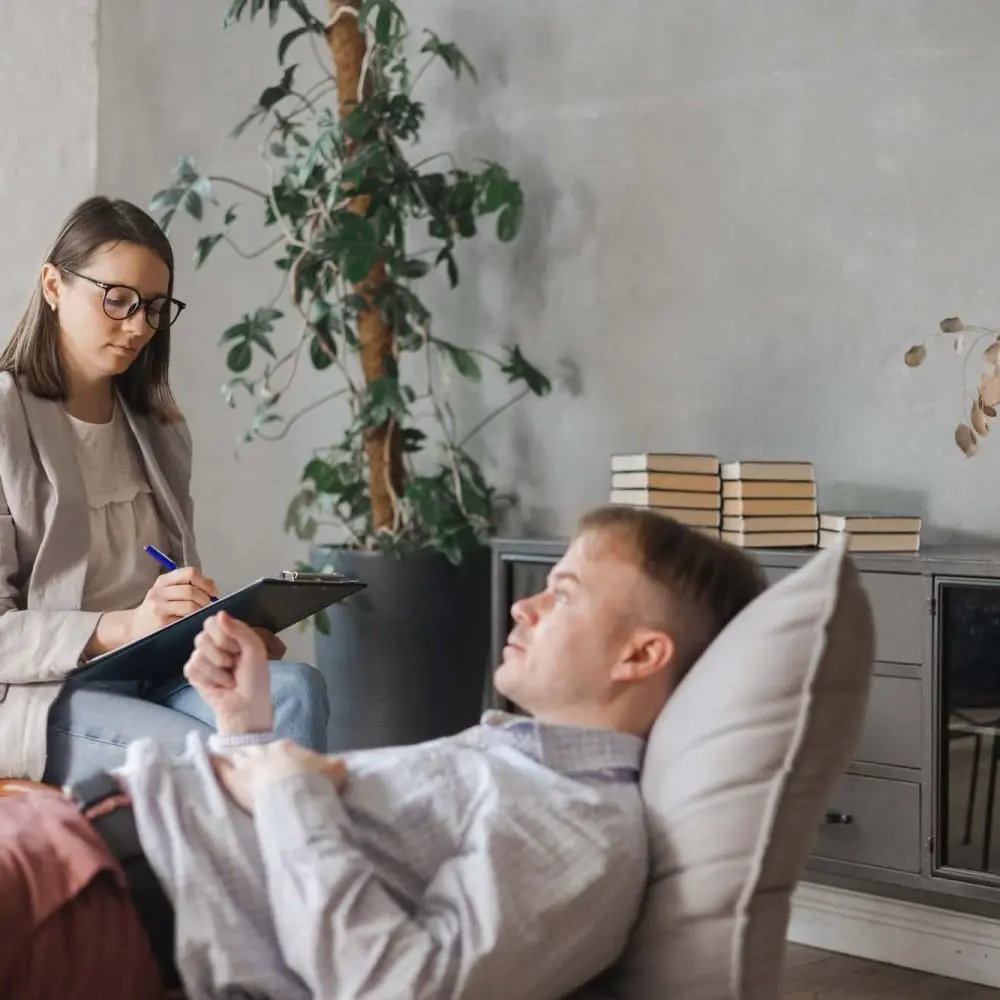Our Locations
1340 E. Route 66 Street Suite 103 & 106, Glendora CA 91740
(626) 594-0881
1340 E. Route 66 Street Suite 103 & 106, Glendora CA 91740
(626) 594-0881

Our curriculum is intentionally experiential, centered on the understanding that healing happens not only through words, but through movement, rhythm, story, creativity, and connection. We integrate a wide range of modalities including:



Often addressed through a blend of therapy (e.g., cognitive-behavioral therapy), medication (such as antidepressants), and lifestyle adjustments (like exercise and improved sleep hygiene).

Typically managed with talk therapy (often CBT), relaxation techniques, and sometimes anti-anxiety or antidepressant medications.

Trauma-focused therapy (e.g., EMDR), along with sometimes medication and supportive care, can help individuals process and cope with traumatic memories.

Behavioral interventions, psychoeducation, and stimulant or non-stimulant medications are commonly used to improve focus and reduce impulsivity.

Exposure and response prevention therapy, combined with certain antidepressants, is frequently the most effective treatment.

A combination of mood stabilizing medications, psychotherapy, and regular monitoring of mood symptoms offers the best outcomes.

Long-term psychotherapy—such as dialectical behavior therapy or schema therapy—and sometimes medication for co-occurring issues can lead to improved functioning.

Couples or family therapy, communication skill-building, and conflict resolution strategies are commonly employed.

Supportive counseling, grief therapy, and sometimes group support programs help individuals navigate the healing process.

Crisis intervention, safety planning, and close monitoring by mental health professionals, alongside therapy and possibly medication, are key.

Specialized therapies like EMDR or trauma-focused CBT, along with social support, can facilitate recovery and reduce post-traumatic stress symptoms.

Building social connections through therapy, support groups, and community engagement, alongside addressing underlying emotional or mental health concerns, can alleviate feelings of isolation.
DHCS License#: 191012BP
EXP: 8/31/2025
JCAHO #: 666556
Glendora Recovery Center | © Copyright 2025 | Privacy Policy | Sitemap